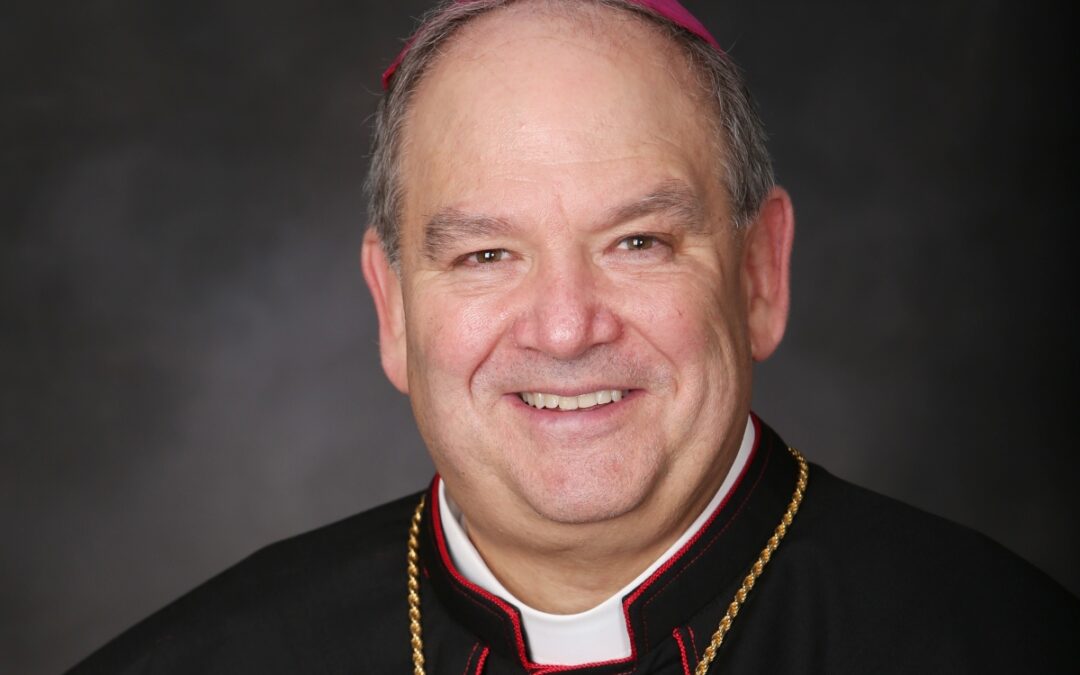While it has been some time since Archbishop Hebda issued a declaration as a part of the Catholic Benefits Association’s successful lawsuit against the Equal Employment Opportunity Commision, the core issues he addresses remain very much a part of the cultural discussion about sexual identity.
While political violence tied to these very issues seems to be on the increase, CBA firmly believes that these problems can only be solved through respectful discussion. As part of that effort, we are republishing his testimony here.
Click to Read Archbishop Hebda’s Testimony

Key Excerpts
Requiring a person to identify another by a sex other than their God-gifted sex would be to require him or her to act against central, unchangeable and architectural teachings of the Catholic faith. It would also contradict the teachings of the Bible (which Catholics regard as normative) concerning God’s creative sovereignty, contradict reason and truth, and betray our sacred obligation not to knowingly harm other persons, particularly the most vulnerable. In short, the implications are so much greater than whether to utter the words ‘he’ or ‘she.’ Instead, to demand that a Catholic deny another’s sex is asking him or her to avow another religious worldview.
Lying about a person’s sex contains a second falsehood as well: that a person’s mind, will, and soul are separate from the body. Catholic teaching affirms the empirical medical reality of the interpenetrating relationship between mind, will and body. Each soul is made for the particular body it inhabits; it is never in the “wrong body.” Furthermore, the body is not a mere “thing” to be manipulated by mind or will, like other created elements in the world. Instead, the body is sacred …
Legal Background
For context, the larger lawsuit that Archbishop Hebda’s testimony is a part of tackled two regulations from the EEOC that are very broad:
- The EEOC’s interpreted the Pregnant Worker’s Fairness Act as requiring employers to accomodate employees seeking abortion, IVF and surrogacy.
- The EEOC’s Enforcement Guidance on Harrassment in the Workplace, which mandates a pronoun speech code and opposite access to single-sex spaces, under the threat of creating a hostile work environment.
Other Resources
- Feel free to check out our blog that summarizes of the USCCB’s Doctrine Committee’s Doctrinal Note on The Moral Limits to Technological Manipulation of the Human Body that ties into these same principles.
- You can read a more detailed description of our huge win against the EEOC in this post.

